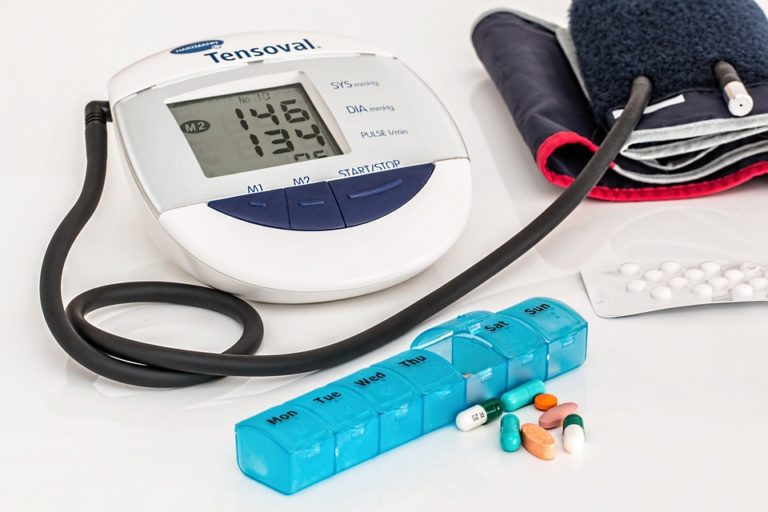
It’s no secret that healthcare in Trinidad and Tobago, and by extension, the wider Caribbean, isn’t what it should be. Lack of personnel, equipment, medicine and even modern facilities are frequently cited gripes aired across many sectors of society. This reality has grown even more apparent in TT of recent given growing frustration amidst reports of medicine shortages and the occasional horror story of citizens who either narrowly escaped death or weren’t lucky enough after utilizing public healthcare for perfectly treatable problems. Yet, on the flipside, there’s also no shortage of private health centers and facilities popping up where, if one has the finances, their chances of receiving timely and effective care are much improved.
The Problem
 What’s the problem then? Based on various media reports, lack of foreign exchange, bureaucratic quagmires, liberal sprinkles of impropriety, and incompetence have created shortages of basic medicine as well as increased prices for those that are available. All this is also transpiring while cases of Zika and Dengue virus rise in number. In addition, cancer patients desperately in need of what may be their only lifeline find themselves either having to seek alternative means or cough up whatever money they had due to shortages as well. Thankfully, new supplies arrived, however whether this lasts with efficiency is left to be seen. Even if the Health Minister assured them they wouldn’t be adversely impacted if not treated for something that kills when left unchecked, all of these issues added up paints a disturbing picture. How can things be so bad if healthcare remains the 3rd most taxing source of expenditure after security and education in the national budget? Then again if our crime situation is any indication, spending a lot clearly doesn’t always yield the most productive results.
What’s the problem then? Based on various media reports, lack of foreign exchange, bureaucratic quagmires, liberal sprinkles of impropriety, and incompetence have created shortages of basic medicine as well as increased prices for those that are available. All this is also transpiring while cases of Zika and Dengue virus rise in number. In addition, cancer patients desperately in need of what may be their only lifeline find themselves either having to seek alternative means or cough up whatever money they had due to shortages as well. Thankfully, new supplies arrived, however whether this lasts with efficiency is left to be seen. Even if the Health Minister assured them they wouldn’t be adversely impacted if not treated for something that kills when left unchecked, all of these issues added up paints a disturbing picture. How can things be so bad if healthcare remains the 3rd most taxing source of expenditure after security and education in the national budget? Then again if our crime situation is any indication, spending a lot clearly doesn’t always yield the most productive results.
The Solution
Regardless, perhaps it’s time for reform rather than spending more. In the decades since independence populations have rapidly grown but the systems in place to serve them remained archaic and were slow to keep up. Thus, first and foremost the immediate priority should be less on building and endowing new institutions but rather addressing the dilapidated and outright neglected state of current hospitals and clinics. Many are said to never have enough beds, chairs, a basic sanitary environment and even lack a proper pipe borne water supply. Unless rectified, no amount of new medical personnel could make things better. Secondly, mounds of red tape and lack of proper coordination led to a scenario earlier this year where pharmacies were simply denied the ability to properly replenish their stocks. If we want a modern healthcare system we also need a modern bureaucracy underpinning it and this includes streamlining and the ability to perform redundant tasks electronically rather than enduring a time consuming, back and forth physical process.
Those are just two basic suggestions but by far a larger list is possible ranging from dealing with personnel shortages to improving efficiency. However, as it stands right now things seem to be getting worse rather than better or at the very least the cons are outweighing the pros as they develop. Until more decisive and by extension proactive rather than reactive action is taken, enjoying basic health might as well be a luxury reserved only for the wealthy.